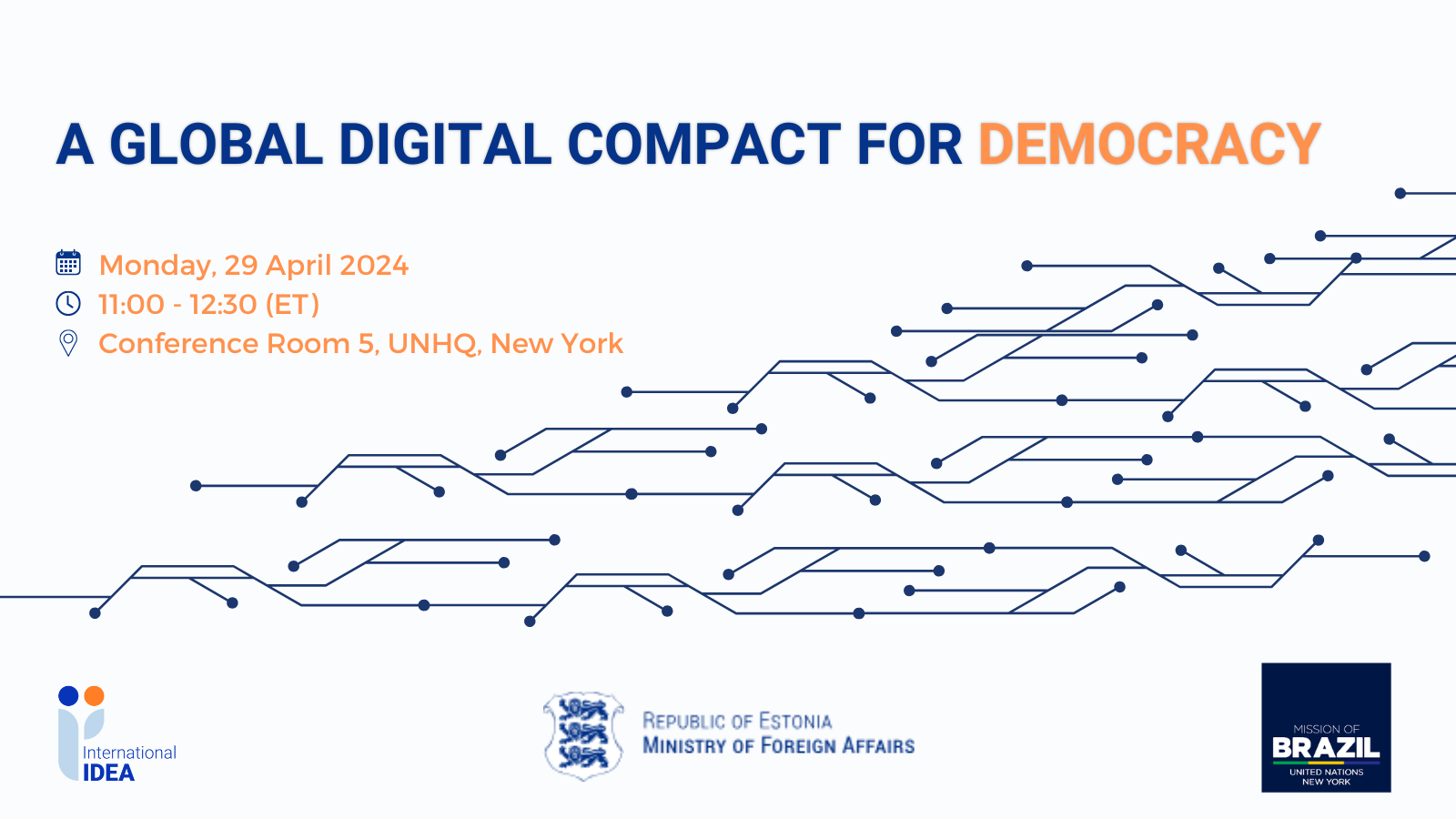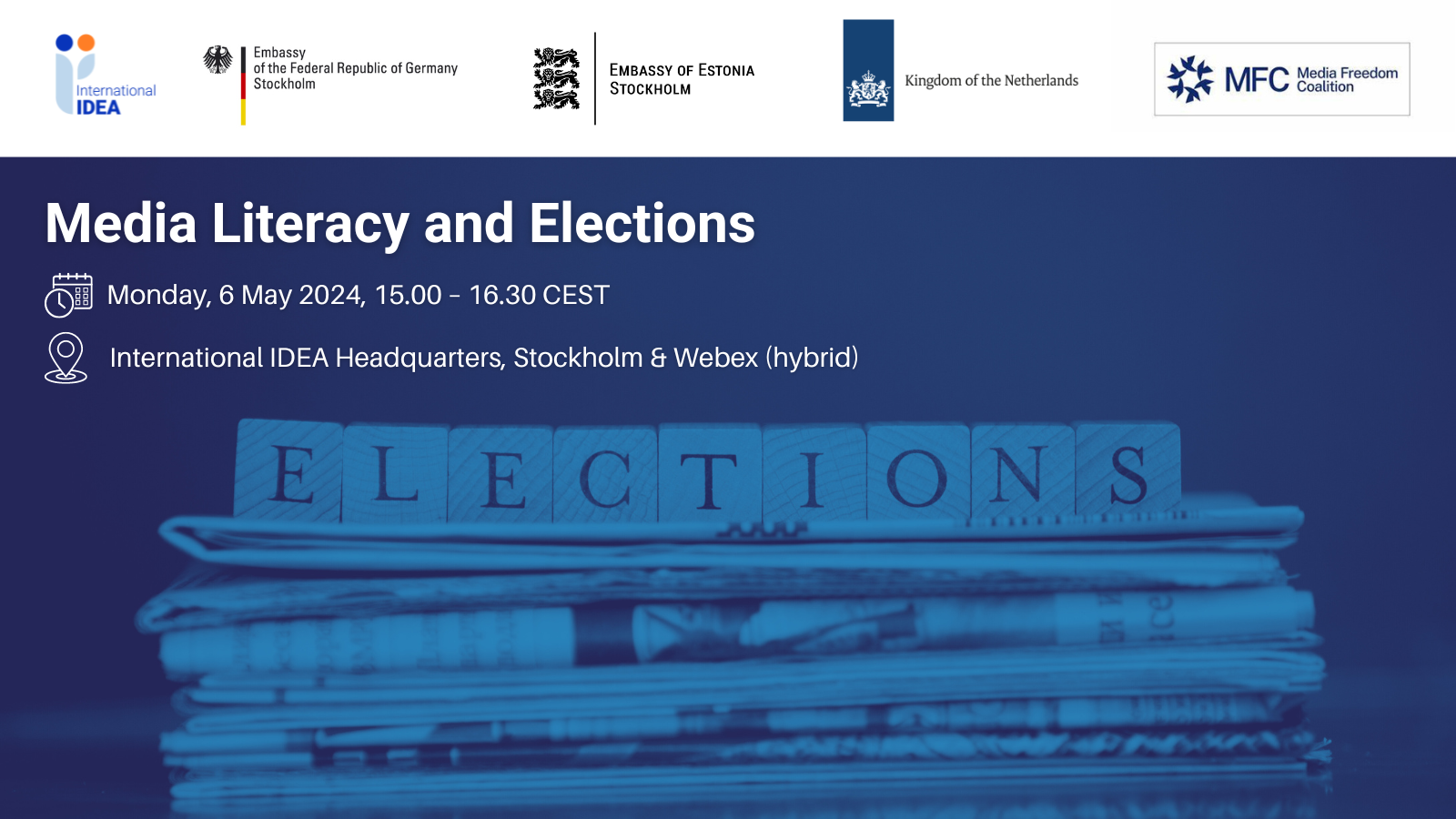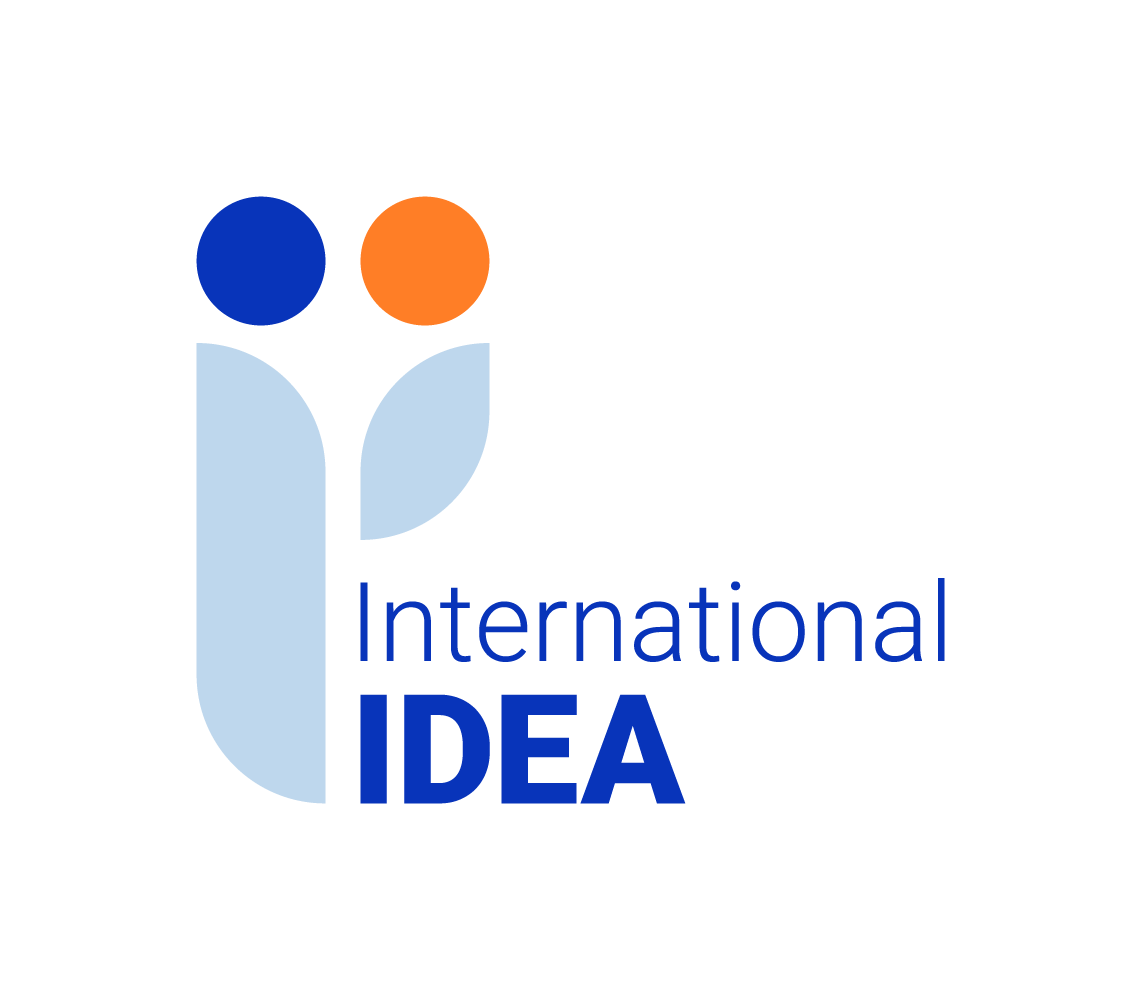How does accountability affect representation?

© Asian Development Bank
By Helena Bjuremalm and Sarah Polek
There is widespread recognition that improving public services is a critical component of poverty reduction. This recognition has reached global proportions since the adoption of the 2030 Agenda for Sustainable Development.
International IDEA’s research has found that there is no provision for effective sanctions or rewards in countries with low levels of service delivery. Governments that are subject to claims by voters or representative oversight bodies, such as parliaments, political parties or a supreme audit institution equipped with the powers to sanction or reward, tend to be more likely to respond to citizens’ demands than those which are not. This indicates that a context in which participation, and in turn representation, is weak or insubstantial will tend also to lack high quality services.
Democratic accountability can make a difference in such cases, as holding public authorities accountable lies at the heart of democracy. Such accountability can offer citizens and the officials who represent them mechanisms to voice concerns, demand explanations and eventually impose consequences on elected and non-elected representatives for their performance.
Democratic accountability refers to the instruments and spaces for citizens to directly articulate their political demands and influence decision making by democratic means. These include public demonstrations, legislative initiatives and public debate or referendums. Democratic accountability also refers to the checks, balances and mechanisms available to officials, elected representatives or citizens themselves in order to secure the appropriate governance of the state, such as parliamentary committees, anti-corruption commissions or supreme audit institutions.
Democracy is often equated with the assumption that accountability mechanisms are at work. The reality is much more complex, however, and an array of forces, groups and contextual conditions affect how services are delivered and how accountability mechanisms work. Such mechanisms can often be non-existent, barely functioning or discriminatory for reasons of identity, income and power, or vis-à-vis women, minorities or people living with disabilities or who have a different sexual orientation. Unless representation is inclusive and transformative, people’s voices will not be heard and their interests will go unheeded.
Some sectors or sub-sectors might be more prone to democratic accountability than others. Politicians tend to be more interested in services that are visible, salient and targetable. Building schools, for instance, might yield more concrete and positive feedback from citizens than something more intangible, such as improving the quality of education.
In the Philippines, for example, a recently published citizen-centred assessment of accountability in the delivery of shelter after Typhoon Haiyan underlined the need for genuine and substantive representation and participation. In the aftermath of the disaster, national and local government faced enormous challenges in managing the relief and rehabilitation response in a speedy and effective manner, while coordinating the work of the many different actors at different levels.
It became clear over the course of the assessment that citizens need to be involved in a multidimensional way. This entails keeping local communities informed of upcoming decisions and ongoing proceedings while also gathering their input and taking it seriously. In order for citizens to feel connected and respected by their representatives, a qualitatively higher level of consultation needs to take place. Representation is about more than being elected to office. It also needs to include answerability, responsiveness and enforceability: the key values of democratic accountability.
Above all, however, the Philippines case study highlights the importance of effective and efficient coordination between different actors. In order to deliver high quality work in such a large scale operation, representatives of different levels need to coordinate and exchange ideas. International IDEA’s experience led to the formulation of some general principles for promoting and protecting representation:
- A fundamental change in whose voices are listened to is required in order to improve the quality of representation. This change will need to lead to transformative politics: a virtuous circle of political agendas, strategies and alliances to introduce democratic political institutions that in turn can further promote people’s capacities and opportunities to alter the dominant structures and capacities of elite groups to dominate politics.
- Genuine representation is required to promote sustainable participation and the development of more active citizenship. Elected representatives must take their responsibilities seriously, interact with their communities on a regular basis, take their priorities seriously and work towards common solutions.
- Communities generally need more knowledge about the officials and agencies that are accountable to them and can be approached about their concerns. The functions, roles and responsibilities of elected representatives, regulators and service providers need to be clearly defined and delineated in order to clarify the chain of accountability so that people know who to go to. The right to information needs to be protected and respected as information is crucial to meaningful participation and, ultimately, representation.




